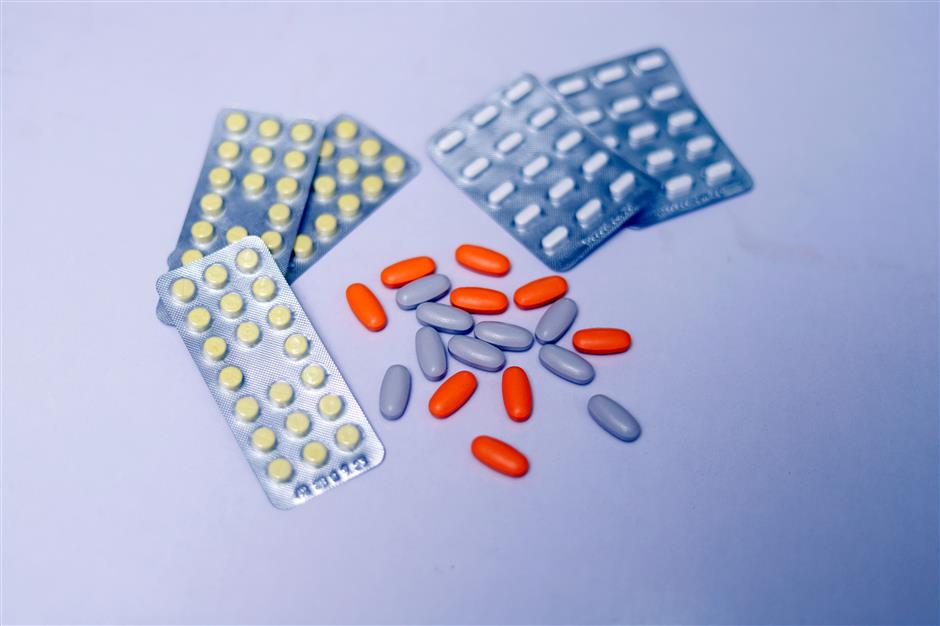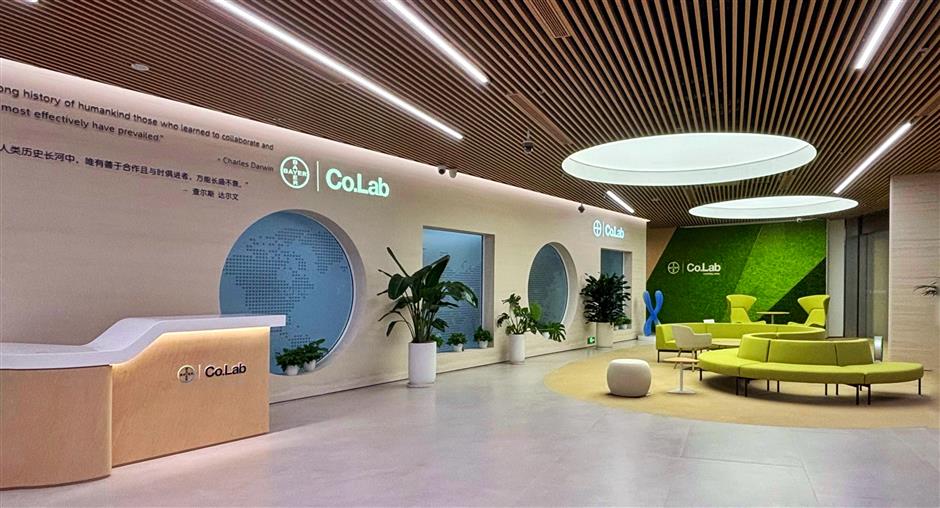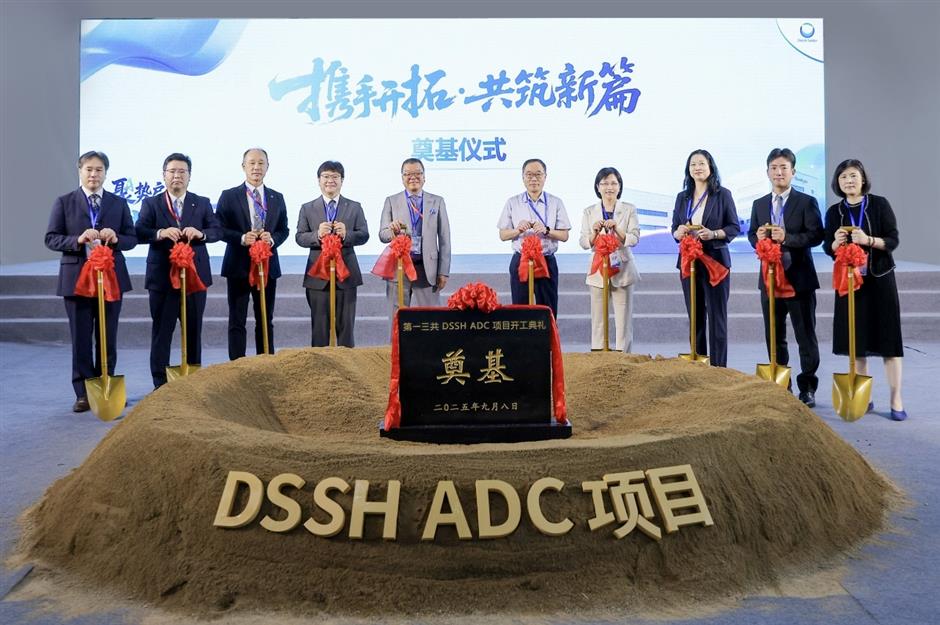
政府新闻
拜耳、第一三共重申对上海承诺 2025-09-10

Shanghai has maintained its strong attraction for leading multinational pharmaceutical companies with a number of high calibre research and manufacturing deals announced recently.
Bayer Co.Lab, the German pharmaceutical giant's global life sciences incubator network, announced the launch of Bayer Co.Lab AdVenture in Shanghai on Monday as a platform to connect with venture capital partners.
It's the first such alliance in the world for Bayer Co.Lab to help accelerate the growth of emerging biotech startups.
The inaugural partners of Bayer Co.Lab AdVenture include Shanghai Industrial Investment Capital (SIIC), Legend Capital, IDG Capital and Bayland Capital.
Bayer Co.Lab also welcomed Nutshell Therapeutics and OTR Therapeutics as new start-up residents, bringing their total number at the Shanghai site to seven.
"This underscores our commitment to fostering collaboration at a larger scale, transforming China's biotech potential into global solutions," said Friedemann Janus, senior vice president of Bayer's Pharmaceuticals Division and head of Regional Business Development & Licensing, Co.Lab and Divestitures.

After one year of operation of Bayer Co.Lab's Shanghai site, a new investment alliance was unveiled to help connect startups with venture capital partners.
With its Shanghai site completing one year of operation, Bayer Co.Lab has made the new move and, after initial results, expects to scale the model to its other sites through the close collaboration with institutional investors.
The incubation network also includes locations in key innovation hubs, including Cambridge (UK), Kobe (Japan) and Berlin.
"Through the new initiative, we offer not only lab facilities but also actual tangible support and mentoring, and getting investors involved with the network is a good perspective," Janus said in an interview in Shanghai.
Enhancing support for local innovation is a crucial part of building Shanghai into a biopharmaceutical industry hub.
According to Shanghai's three-year action plan issued last November, the city will boost support for local biopharmaceutical companies to have their drugs and medical devices approved in overseas markets.
This initiative aims to generate 50 billion yuan (US$7 billion) from medical product exports by 2027, with up to three local firms expected to achieve more than 10 billion yuan in annual overseas sales.
China's biopharmaceutical sector saw relatively weak activity in 2024 compared with previous years.
Total funding in the biopharmaceutical industry last year was 49.695 billion yuan, a 9.3 percent year-on-year decline yet the number of deals increased by 11.8 percent, reversing a two-year downward trend, according to data provider IT Juzi.
But sentiment is gradually improving. Data from Founder Securities shows that in the first five months of 2025, the total value of business development (BD) transactions for innovative drugs in China reached US$598 million, surpassing the total BD transaction size for the whole of 2024.

Daiichi Sankyo's new antibody-drug conjugate manufacturing site in Shanghai's Zhangjiang cost 1.1 billion yuan (US$152.8 million) as the Japanese drugmaker steps up local supply of cancer treatment.
Also on Monday, Japanese pharmaceutical giant Daiichi Sankyo began construction of its 1.1-billion-yuan new antibody-drug conjugate (ADC) manufacturing facility in Zhangjiang, Pudong.
The facility will localize ADC manufacturing and expand supply of innovative ADC therapies, bringing new treatment options to Chinese patients more efficiently. It's not yet clear when the new facilities will be put into use.
ADC is a type of targeted medicine that aims to deliver chemotherapy agents directly to cancer cells.
"This facility is a key driver for faster patient access through added capacity and stability of the supply chain and it will help us address growing and diverse treatment needs in China," according to Hiroto Kashiwase, Executive Officer and Head of Global Technology Unit at Daiichi Sankyo.
The firm is integrating global R&D with local execution to advance high-quality industry development and support the "Healthy China 2030" (initiative), according to Michio Hayashi, President of Daiichi Sankyo China.
Source: Shanghai Daily

